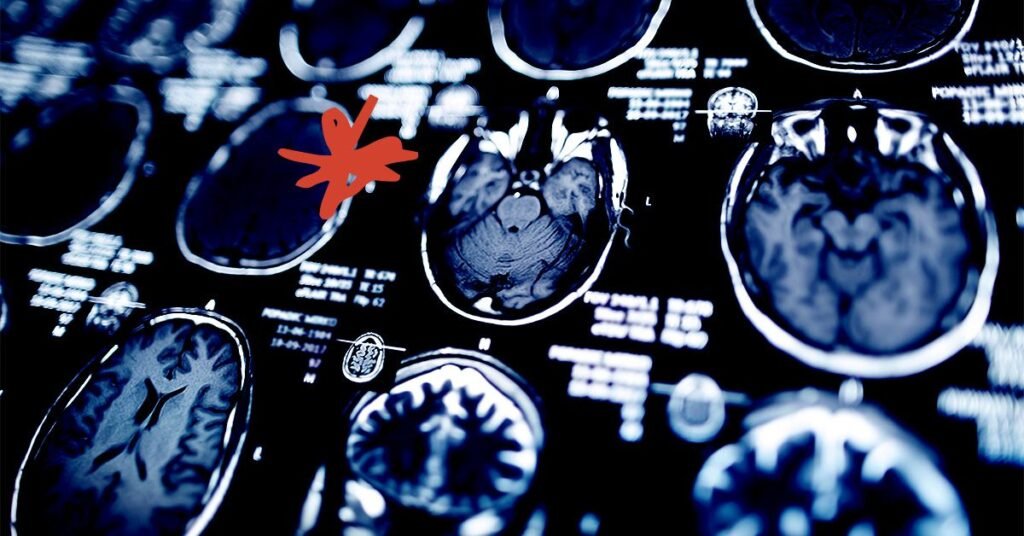GLP-1 drugs such as Wegovy and Ozempic may offer benefits that go beyond aiding in weight loss in people with type 2 diabetes or obesity. A recent study explores how these medications may have neuroprotective benefits due to their ability to reduce inflammation in the brain and possibly strengthen the blood-brain barrier. These drugs are typically known for their effects on insulin sensitivity and weight loss, but research suggests they may have further benefits, including improving cognitive functioning and potentially protecting against neurodegenerative diseases like Alzheimer’s.
Obesity is associated with chronic inflammation, which can lead to insulin resistance, fatigue, and cognitive impairment. Recent studies have linked obesity and chronic inflammation to an increased risk of developing Alzheimer’s disease. As scientists work to find ways to prevent and slow the progression of neurodegenerative diseases, GLP-1 drugs have emerged as a focus of research. These medications, which mimic a hormone naturally produced in the gut and brain, can help with weight loss, improve metabolism, and positively impact brain health by reducing inflammation in the brain and potentially enhancing glial cell functioning.
GLP-1 medications have been found to affect astrocytes, which play neuroprotective roles and help maintain the blood-brain barrier, and microglia, immune cells that support the blood-brain barrier. Research suggests that these drugs can increase the number of astrocytes, promote neuron growth and survival, and potentially reverse inflammation in microglia. By interacting with these cells and balancing the neurovascular unit in the brain, GLP-1 drugs may offer significant brain health benefits. These findings are particularly promising in the context of neurodegenerative diseases like Alzheimer’s, where inflammation plays a key role in disease progression.
Despite the positive implications of GLP-1 drugs for brain health, further research is needed to fully understand their potential benefits. Studies have shown promising results in animal models, suggesting that these medications could help reduce astrocyte transformation, prevent retinal ganglion cell death, and suppress neuroinflammation. Ongoing trials are investigating the use of GLP-1 drugs in treating neurodegenerative diseases like Alzheimer’s, with some hopeful results expected in the near future. Combining neuroimaging techniques with GLP-1 treatment could provide valuable insights into the neuroprotective effects of these medications and their potential to prevent cognitive decline and dementia.
Experts in the field, such as neurologists David Hunter and José Morales, are optimistic about the role GLP-1 drugs may play in promoting brain health. Research has shown that inflammation is a key factor in neurodegenerative diseases like Alzheimer’s, and GLP-1 drugs have the potential to modulate inflammation, protect the blood-brain barrier, and reduce the risk of developing dementia. Trials investigating the use of these medications for Alzheimer’s and other neurodegenerative diseases are ongoing, with promising results expected in the coming years. As more evidence emerges, GLP-1 drugs may prove to be valuable tools in the prevention and treatment of brain-related conditions.










